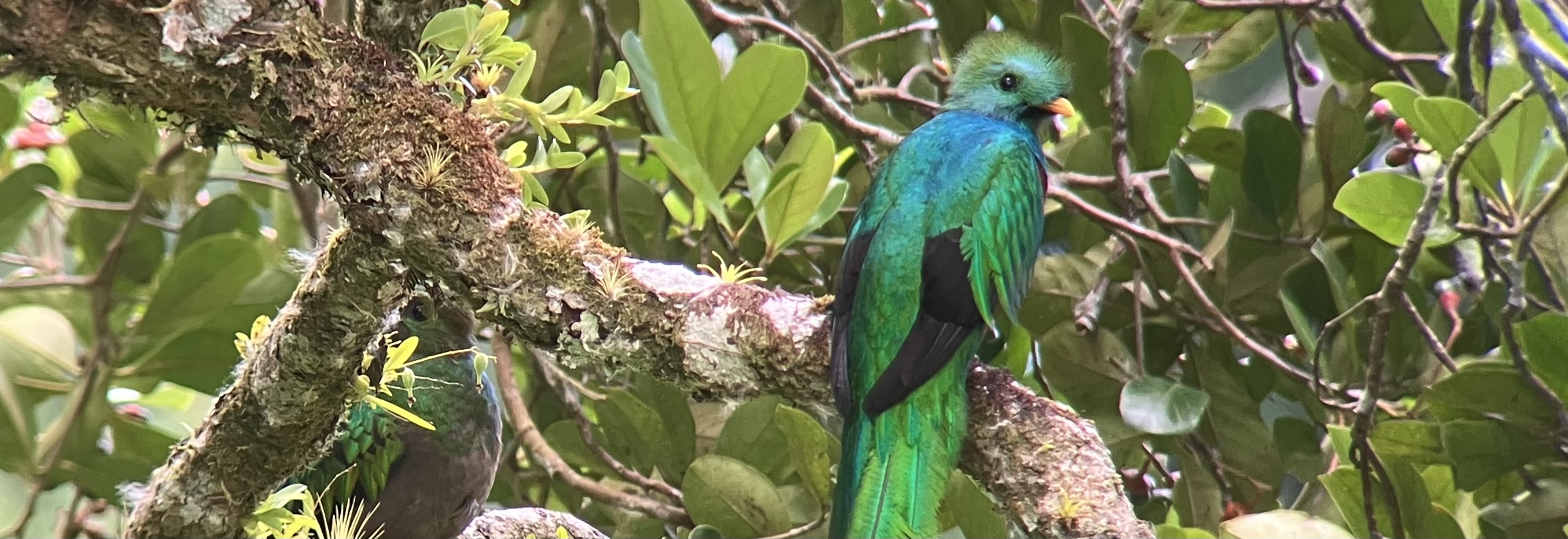
Monteverde Institute: Culture, Community, and Health
Alternative Title
Estudio de experiencia COVID-19
Files
Download Full Text (849 KB)
Publication Date
April 2020
Abstract
With the rapid spread of COVID-19 around the world, there have been many recent changes to the way that we all live. In the past month or two, myself and all of my fellow peers abroad have been asked to return to the States from their various study abroad locations. While I was abroad in Costa Rica, I was able to watch the other countries slowly unravel and witness how they planned to deal with the increasing virus cases. However, both my home state of South Caroline and Costa Rica seemed to be on the backside of the virus spread, and both were relatively “safe”. The first virus was recorded in the United States on January 21st in Washington State, and did not reach South Carolina until March 6th. Coincidentally, that was the date of the first coronavirus case in Costa Rica, as well. With both locations receiving the virus at the same time, I have been able to watch and witness the response efforts. I got a very hands-on experience of the response effort in Costa Rica until I was forced to leave on March 17th to my home in the states. Since then, the cases numbers have increased in both locations, and I now have a real-time experience of the efforts here in South Carolina, as well as contacts in Costa Rica. In most places around the world, the term “social distancing” has been used to reduce the spread of the virus. Because of that, many of us are working from home, now doing everything online that was in person, and limiting our interactions with others and the outside world. Both Costa Rica and my hometown of Hilton Head Island are tourist economies, meaning this social distancing can ruin the livelihood of many families and the overall economy of both locations. In order to get more of an educated idea of how the virus is affecting the everyday lives of my fellow community members and citizens of Costa Rica, I sent out a survey to investigate. The goal of the survey was to compare the differences in COVID response, community wellbeing, unfulfilled needs, available and unavailable resources, effects of employment changes, and overall concerns and thoughts between South Carolina and Costa Rica. Together, these factors will help identify the economic, social, and political changes and challenges of these times. The survey was spread through the teachers and parents of some of my local schools, through my social media, connections to my local retirement community and their relatives throughout the States, and through my connections back in Costa Rica. Both English and Spanish forms of the survey were distributed in order to include the Latino community in my area and for accessibility in Costa Rica. I attempted to reach all demographics, but I was not completely successful. Although I received a majority of responses from South Carolina, my original effort was the speak broadly about the effect of the virus throughout the United States. Therefore, I have responses from several states around the country that may be used as supplementary materials and information throughout my research. In total, I received 127 responses from the states, and 12 from Costa Rica.
Extent
13 pages
Holding Location
Monteverde Institute
Language
English
Media Type
Articles
Format
Digital Only
Identifier
M38-00158
Creative Commons

This work is licensed under a Creative Commons Attribution-Noncommercial-No Derivative Works 3.0 License.
Recommended Citation
Hamby, Marissa, "COVID-19 experience survey, April 2020" (2020). Monteverde Institute: Culture, Community, and Health. 151.
https://digitalcommons.usf.edu/community_health/151


